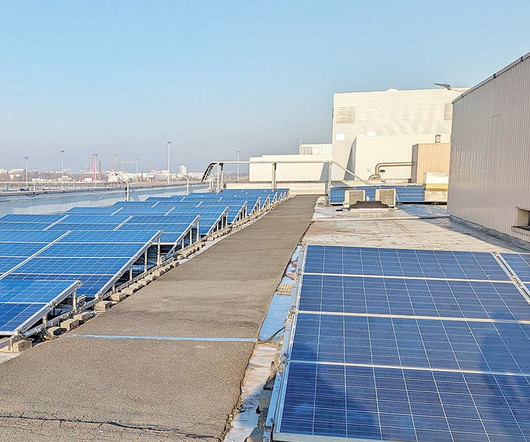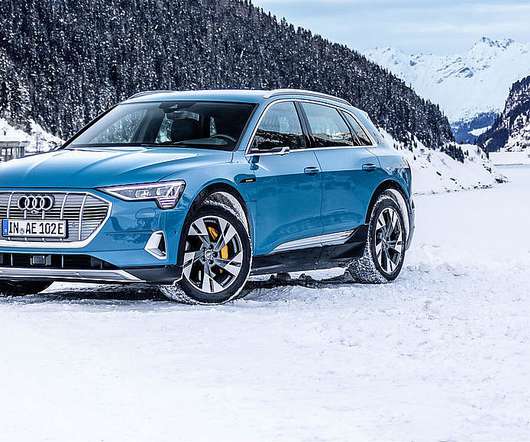Audi aims to reduce CO2 emissions by 30% over the vehicle lifecycle by 2025
Green Car Congress
SEPTEMBER 20, 2019
Audi has set the goal of successively reducing vehicle-specific CO 2 emissions by 30% by 2025 compared with reference year 2015 and over the entire product lifecycle. In the long term, Audi is pursuing the vision of CO2-neutral mobility and aims to be climate-neutral throughout the company on balance by 2050. Earlier post.).
























Let's personalize your content